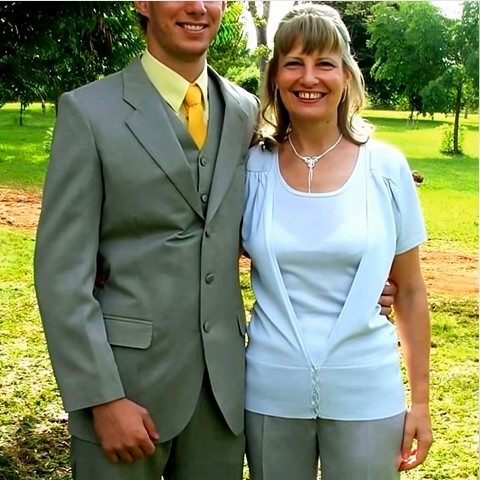When my son Ryan confided that his girlfriend, Shelly, was pregnant, my instincts kicked in. I gently urged him to take a paternity test, not out of malice, but to protect him from uncertainty. Ryan agreed without resistance, and Shelly’s family arranged the testing. The results provided by her father said Ryan was the father, so we accepted it. But Shelly never forgave me for doubting her, and from that moment, tension quietly defined our relationship.
As the years passed and their wedding approached, things only got worse. Shelly started spreading false stories about me distorted half-truths that painted me as hostile and controlling. Ryan, caught between loyalty to his future wife and love for his mother, gave me an impossible choice: apologize for things I hadn’t done or miss the wedding. I chose to stand by my principles, refusing to apologize for falsehoods, and in doing so, lost not only my place at the wedding but the respect of friends and family who believed her lies.
Then, just weeks before the big day, I received a call that changed everything. It was Shelly’s mother, Jen someone I barely knew. Her voice was urgent and filled with concern. She asked me to meet immediately and revealed a painful truth: the paternity test had been falsified. Shelly’s father had manipulated the results. Ryan was never the father of Shelly’s child, and Jen couldn’t bear to let the wedding go forward based on a lie that deep.
The wedding was called off, and Shelly disappeared, leaving behind emotional wreckage. Ryan was devastated, left to rebuild his life with a shattered sense of trust. With time, and painful honesty, he began to heal. Jen and I, once strangers, found understanding in our shared pain and concern for our children. What began as betrayal ended in truth and a more honest, resilient bond between a father and his son.
